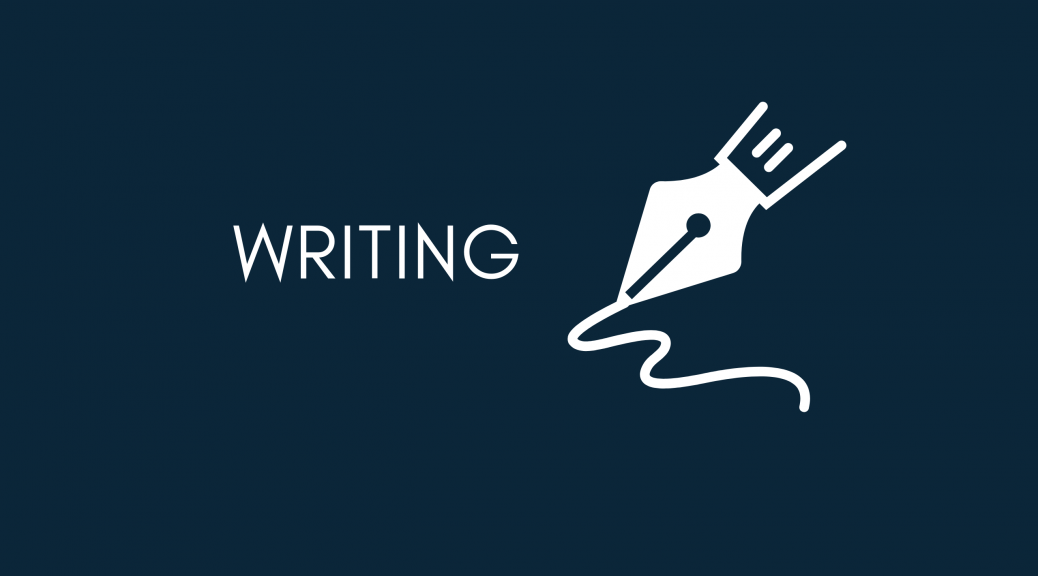
Under starter’s orders
So there I was ready to write ‘the’ novel. The one I have been living with in my mind for so many years.
I was excited, motivated, exhilarated – you name it – I was it! Until it hit me. Writing a novel is actually quite a daunting process (no shit Sherlock I hear you say)!
I don’t know why this revelation didn’t hit me before. I suppose because I had always written, whether it was poetry, short stories, or content for a website, I never had a problem with ideas or putting words onto a blank sheet of paper.
A novel, however, is more like running a marathon. I had done lots of training in short bursts for much shorter races, but I hadn’t done any preparation for a marathon!
Now that I was actually ‘serious’ and getting down to business as it were, it occurred to me that I hadn’t thought through a few of the vital elements … and what’s more… I couldn’t progress until I had the fundamentals clear in my mind.
Take genre for example. I had the ‘story’ in my head, but how was I going to tell the story? Was this going to be a historical novel, something more philosophical or could I do both? Were there any rules I needed to know – even if it was so I could break them?
As I trawled through websites looking for guidance and inspiration, I began ordering books left, right and centre to fast track my learning. I realised I had much to learn. At one point I even considered doing an MBA in creative writing but then I thought this may be too much distraction from the task in hand.
The good news is from what I have read thus far, there are many ways to skin this particular cat. Therefore my approach is going to be a blend of inspired creativity, gleaned information and teachings from my favourite authors, and a pinch of gut instinct.
If you are considering writing a novel, here’s a couple of little pointers I have learned so far.
- You can find a million jobs that need to be done, like tidying the bathroom cabinet, or picking fluff off socks, but you can only drink so many cups of procrastination coffee.
- Understand what it is you want to write and why you want to write it.
- What genre is your writing going to fit into?
- Actually writing down an outline, or even a story board, is a good idea when you are writing a novel. It helps you keep on track, but it can also help you identify where the weak elements are in your story.
- Have you thought about character, settings and the plot itself?
Of course there are many questions you should be able to answer about your novel so over the next few posts I’ll expand on this planning phase a bit more. If nothing else it will give you a sense of what I have been wrestling with these last few weeks.
Still, it’s early days – and at least now I realise I am actually at the starting line of a marathon and not a 100 meter sprint. Excitement, exhilaration and motivation are still there, but now they have made room for endurance, perseverance and commitment!
 Send to Kindle
Send to Kindle